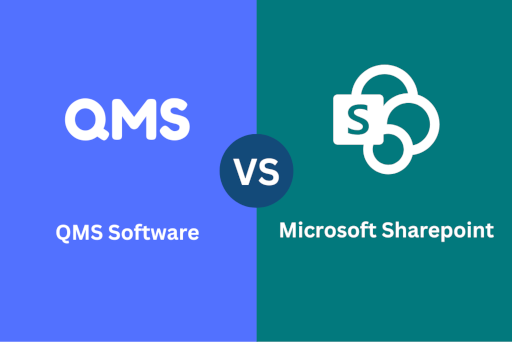Quality Management for Startups: Where to Begin

Implementing a Quality Management System (QMS) early on can set a startup on the path to success. Although it might seem daunting, a well-designed QMS helps ensure product consistency, meet regulatory requirements, and prevent costly errors. Here’s how to get started.
1. Understand the Importance of a QMS
Startups need quality management as much as large companies do. Establishing a QMS lays the foundation for structured processes, reducing inefficiencies, and managing risks. Quality management helps businesses maintain consistency, allowing them to grow without chaos.
From non-conformance reporting to CAPAs (Corrective and Preventive Actions), a QMS supports continuous improvement. For startups, this can lead to long-term savings by preventing costly errors and regulatory fines down the road.
2. Focus on Core Processes
Instead of overcomplicating things, startups should focus on the core elements that will impact their operations the most. Start with these essential processes:
- Document Control: Ensure that key documents, such as guidelines and procedures, are maintained and updated regularly.
- Non-Conformance Reporting: Track and manage product or service defects to improve quality.
- CAPA: Resolve issues by identifying root causes and preventing recurrence.
- Internal Audits: Regular reviews ensure processes align with business and regulatory goals.
Building a solid foundation with these basics will support your company as it grows.
3. Compliance with Industry Regulations
Compliance is critical, especially for startups in regulated industries like healthcare, technology, or manufacturing. Your QMS should be designed to meet the regulatory requirements that apply to your industry, such as ISO 9001 for general quality management or FDA standards for healthcare.
Make sure your QMS supports the compliance needs of your business. Identify which regulations you need to meet, and ensure your QMS evolves as your business grows.
4. Leverage Cloud-Based Solutions Early
Startups may be tempted to rely on manual systems like spreadsheets, but this can quickly become cumbersome as the business grows. Instead, look to cloud-based QMS solutions early on, which streamline processes, provide real-time monitoring, and can scale alongside your business.
Cloud-based QMS tools provide:
- Centralized Document Management: Easily accessible, version-controlled documents.
- Automation: Automate tasks like audit notifications and CAPA follow-ups.
- Scalability: Adapt the system as your business expands and needs grow.
By leveraging technology, you can implement an efficient, scalable QMS from the outset, reducing complexity and errors.
5. Foster a Quality-First Culture
A strong QMS helps establish a quality-first culture within your company. From the leadership team down to the newest employees, everyone should understand their role in maintaining quality. Encourage open communication and feedback to build a culture that prioritizes quality at every step.
When quality becomes a core value, your employees take ownership, and your QMS becomes part of the company’s DNA rather than just a set of procedures.
6. Start Small but Plan for Growth
You don’t need a complex QMS right away, but it’s essential to design a system that will grow with your business. Start with the basics—document control, non-conformance management, and CAPA—and build from there as your company expands.
Ensure your QMS is scalable so that you can add modules for risk management, supplier quality, or product lifecycle management as needed. By planning for the future now, you’ll save yourself from the need to overhaul your system later.
Conclusion
A Quality Management System is crucial for any startup looking to build a scalable and compliant business. By starting with core processes, keeping compliance in mind, leveraging technology, and fostering a quality-first culture, you can ensure long-term success. TrackMedium’s cloud-based QMS solutions are designed to help startups implement an efficient and scalable system, supporting your growth from day one.




